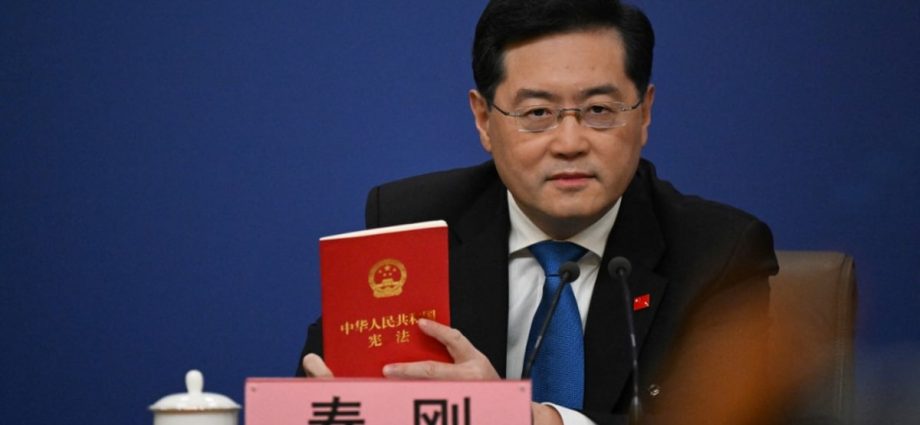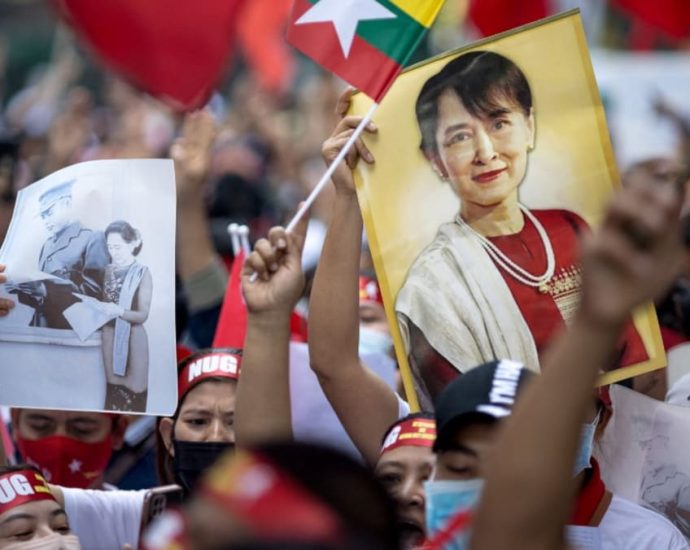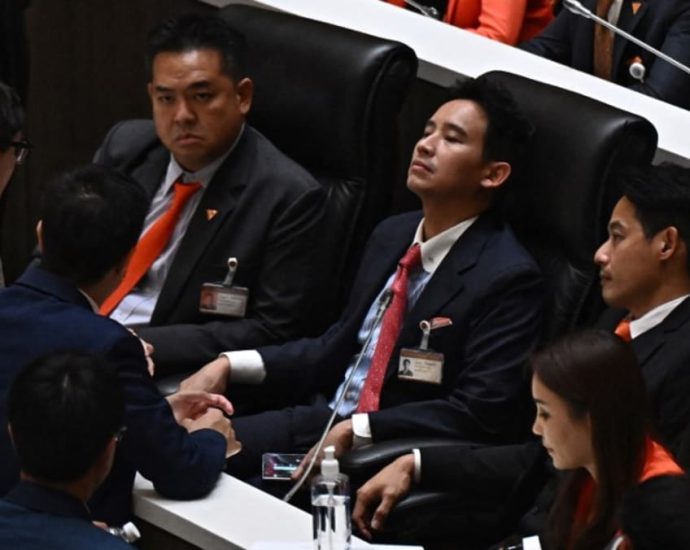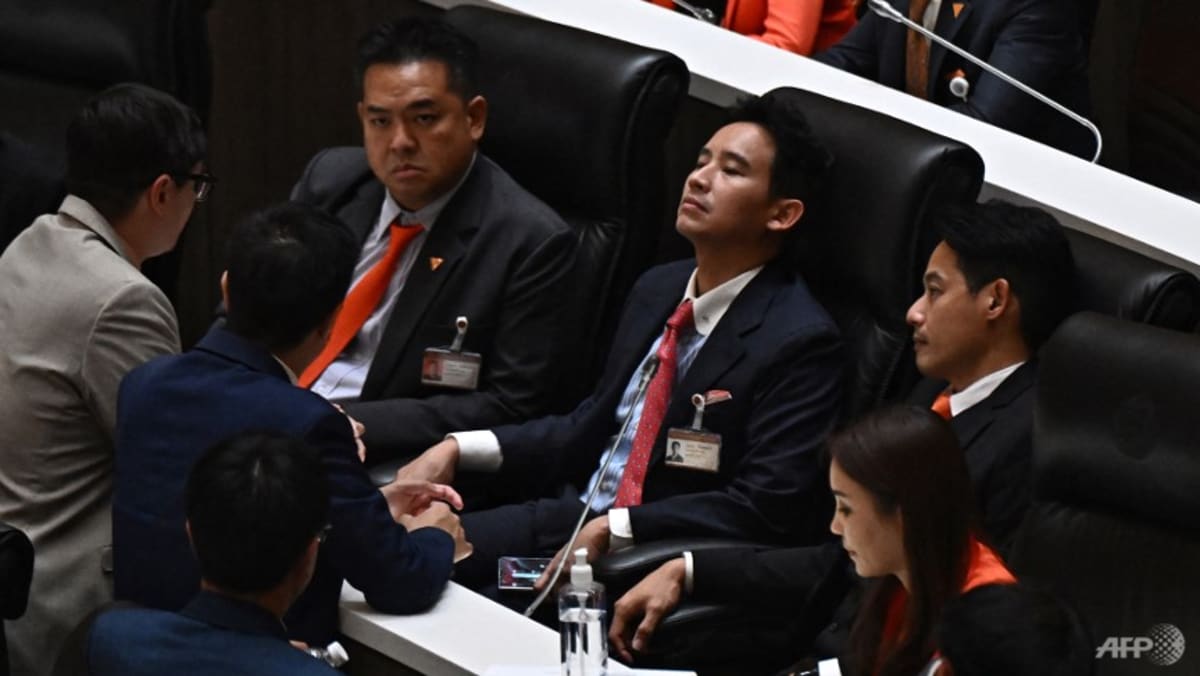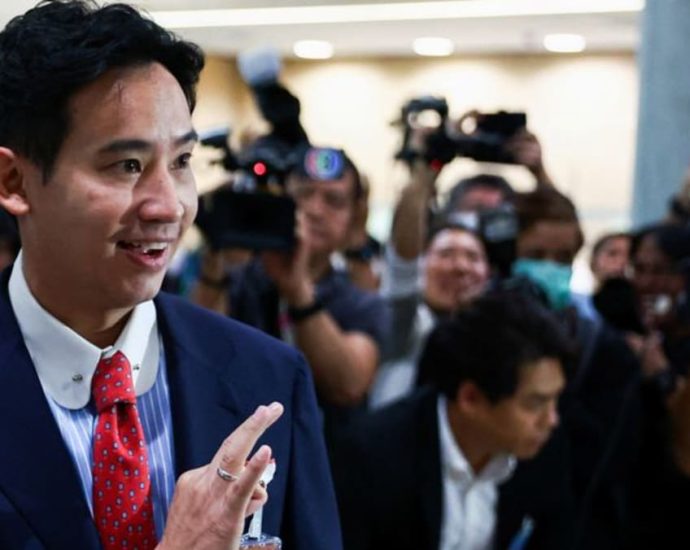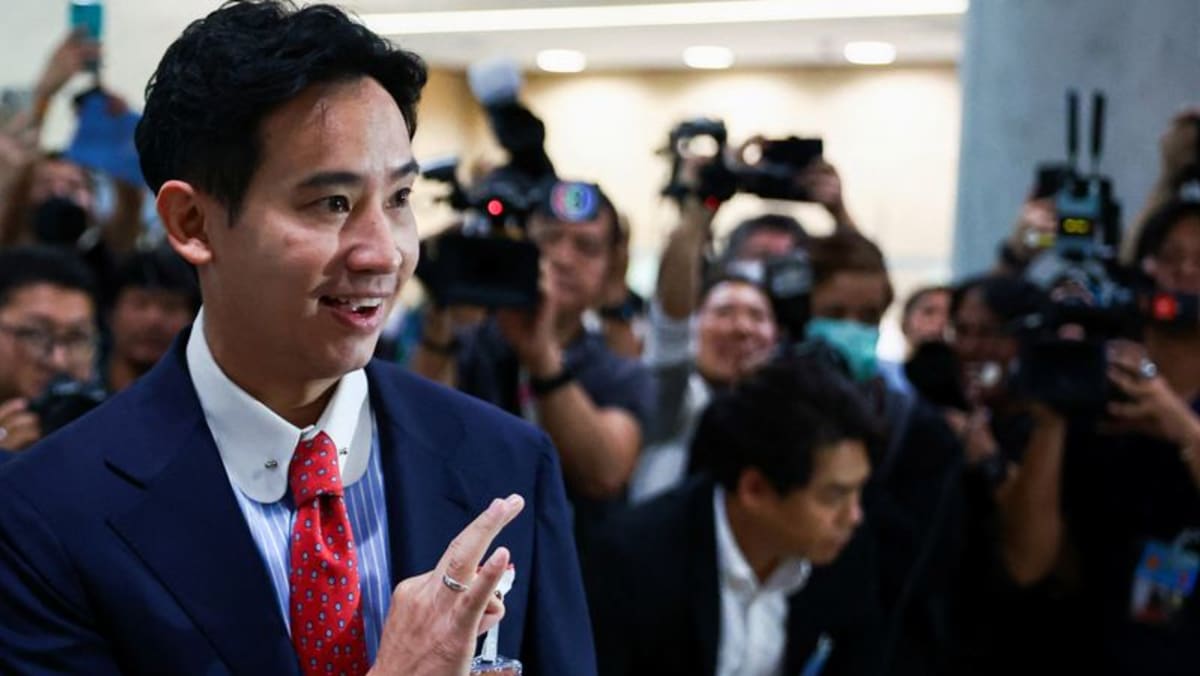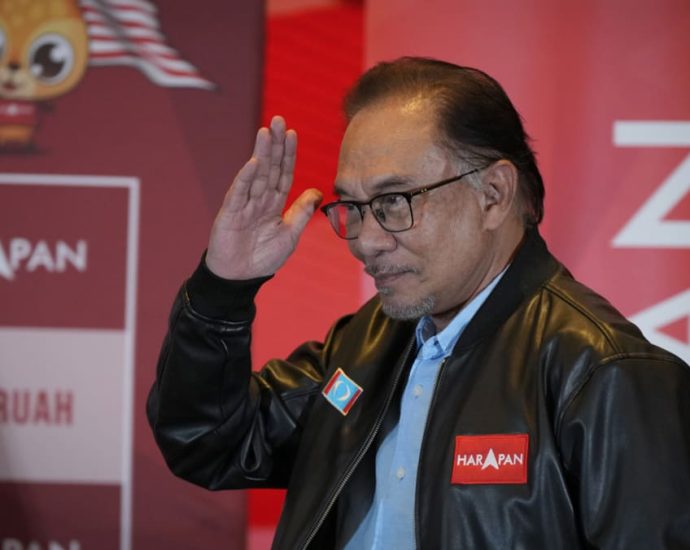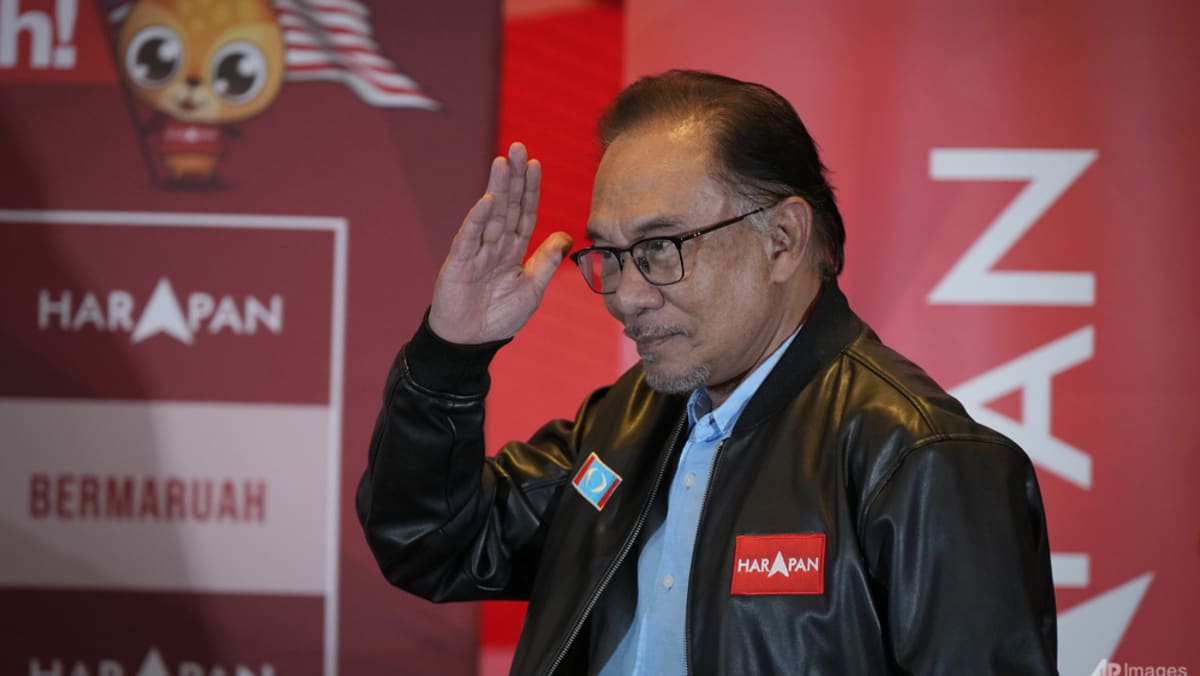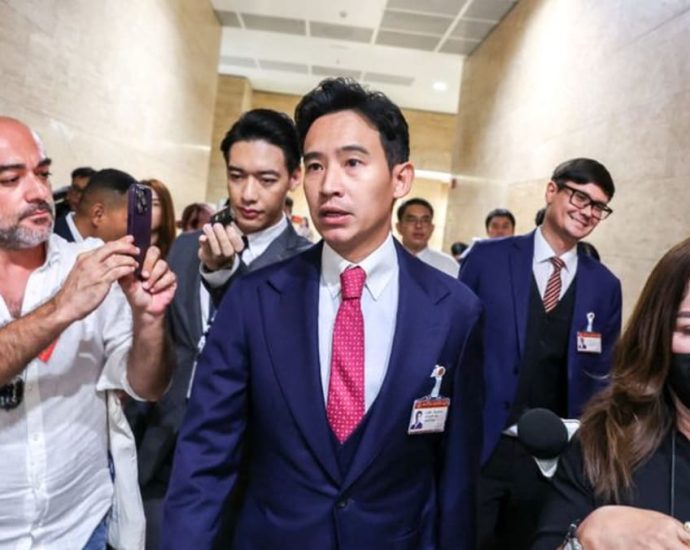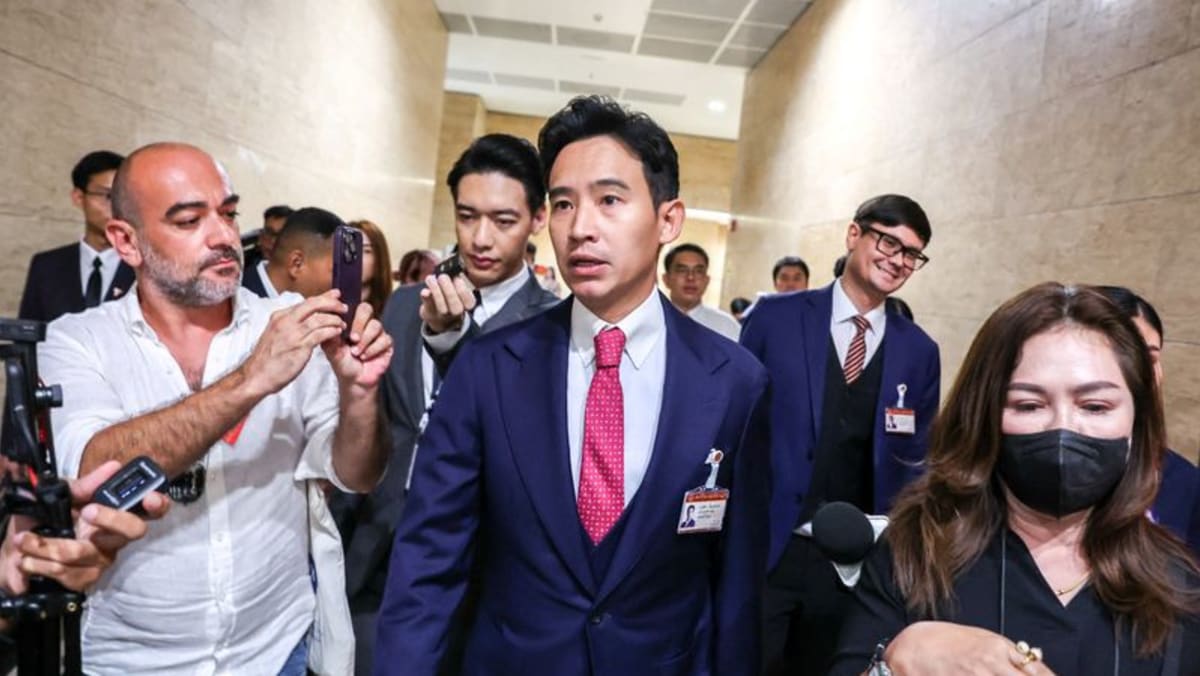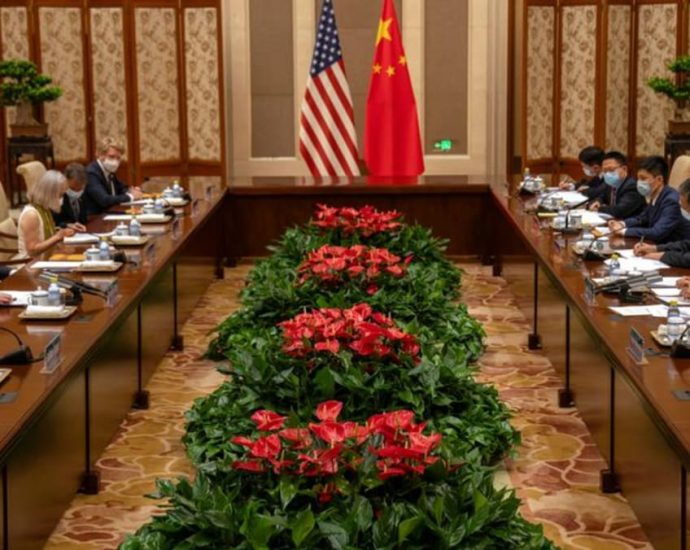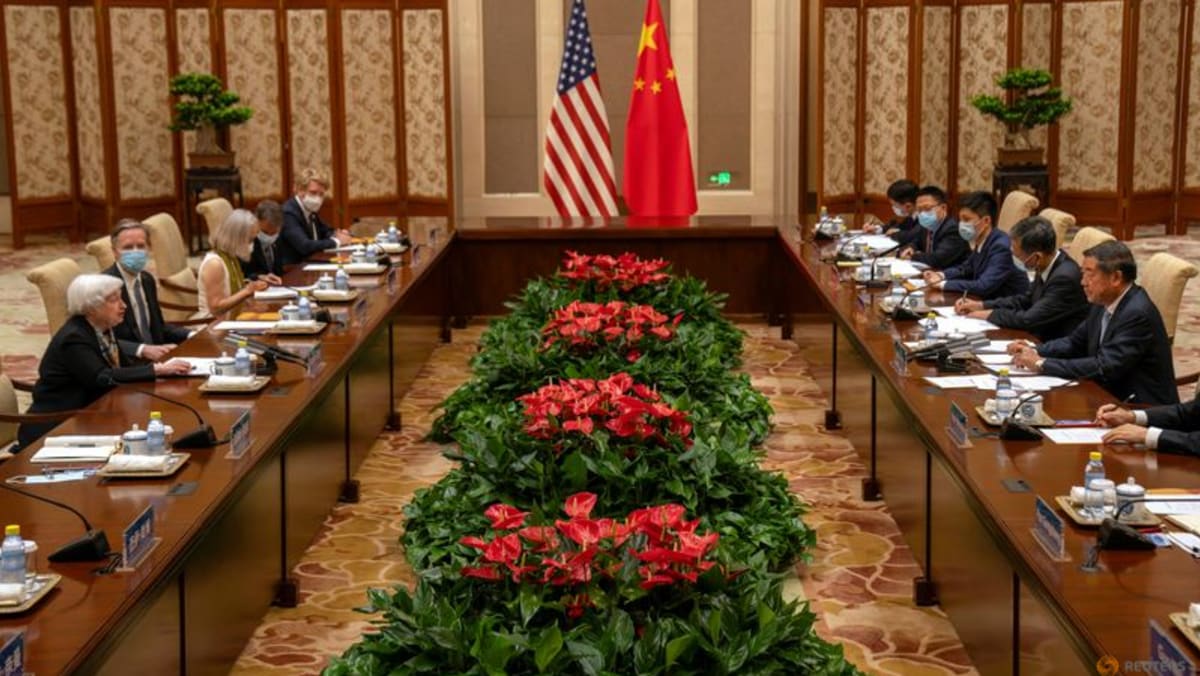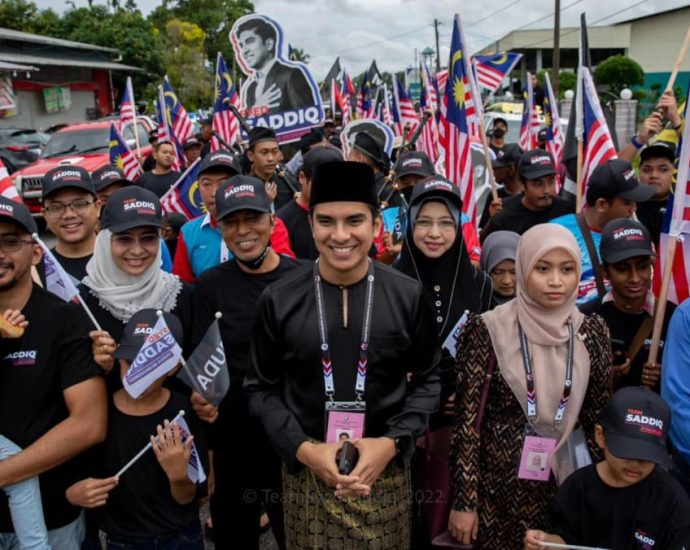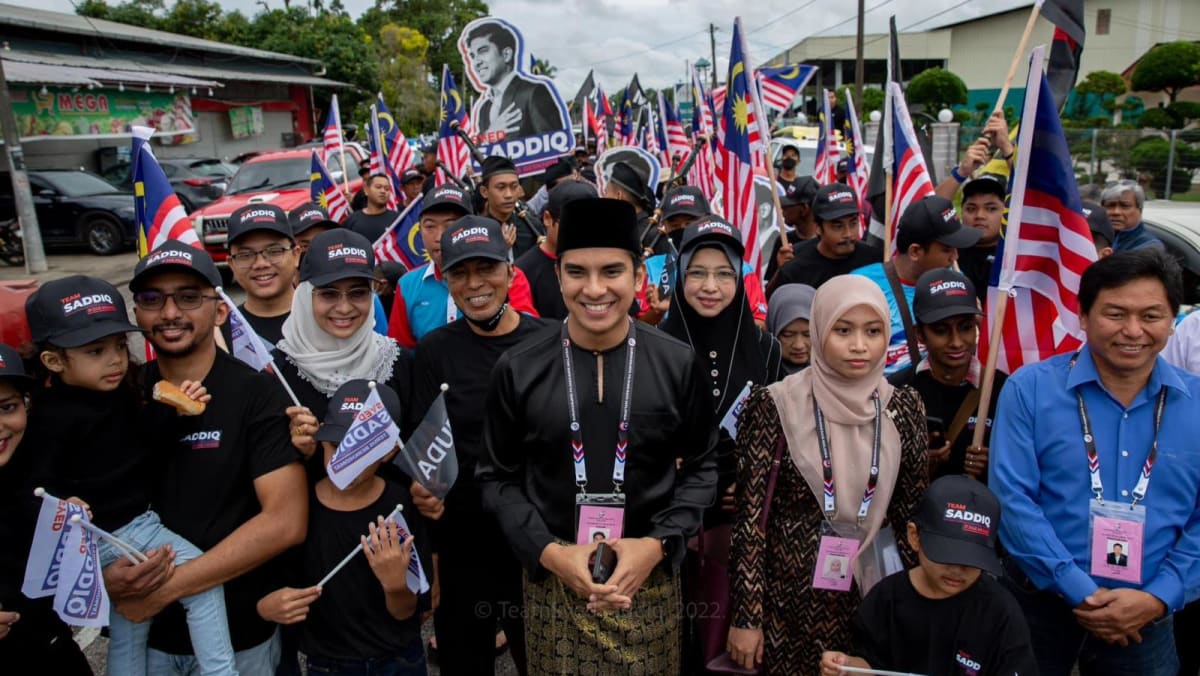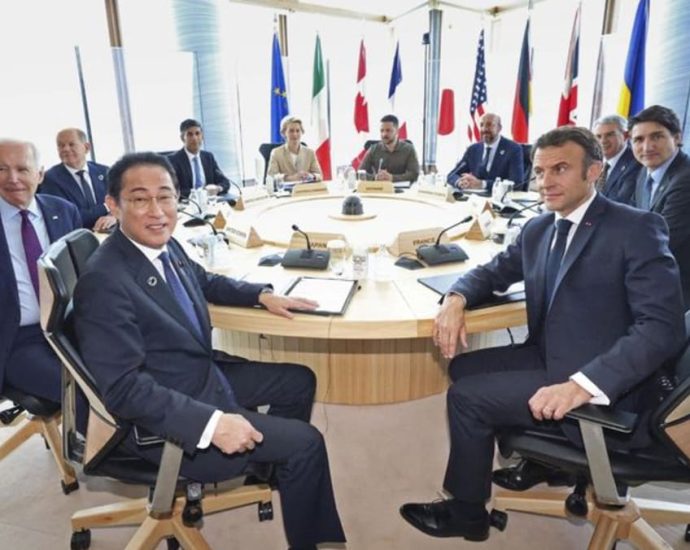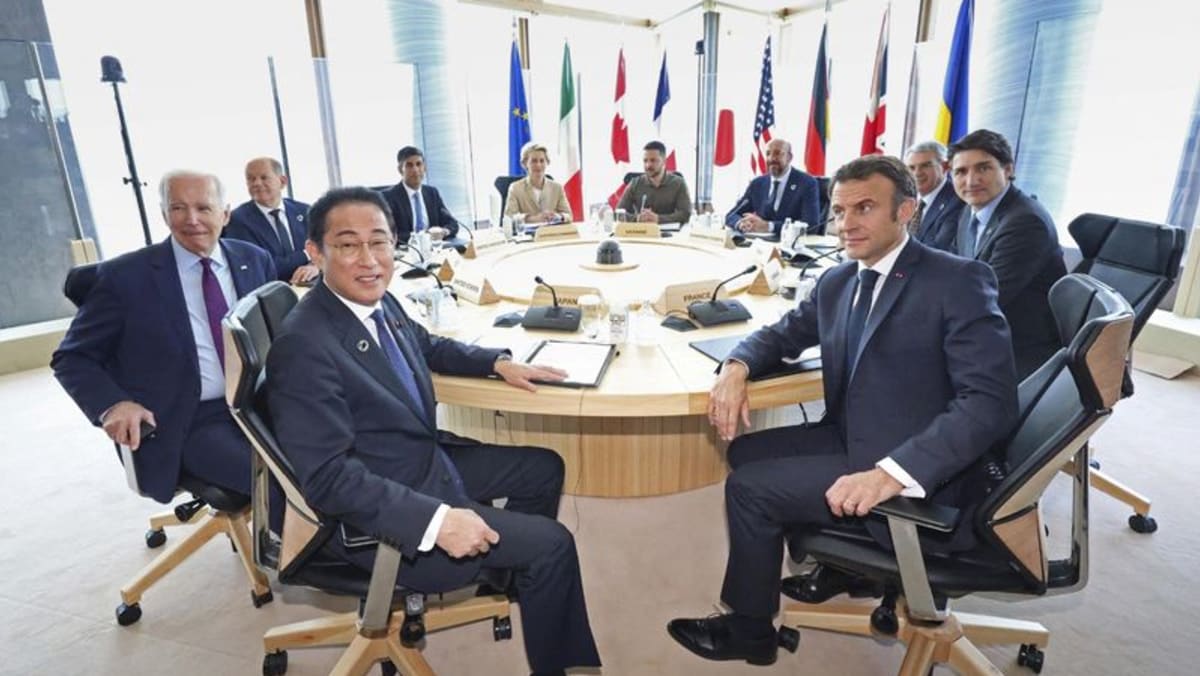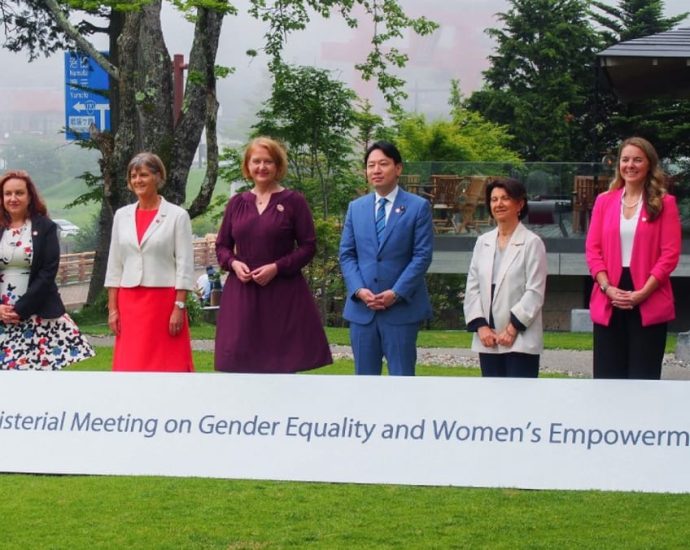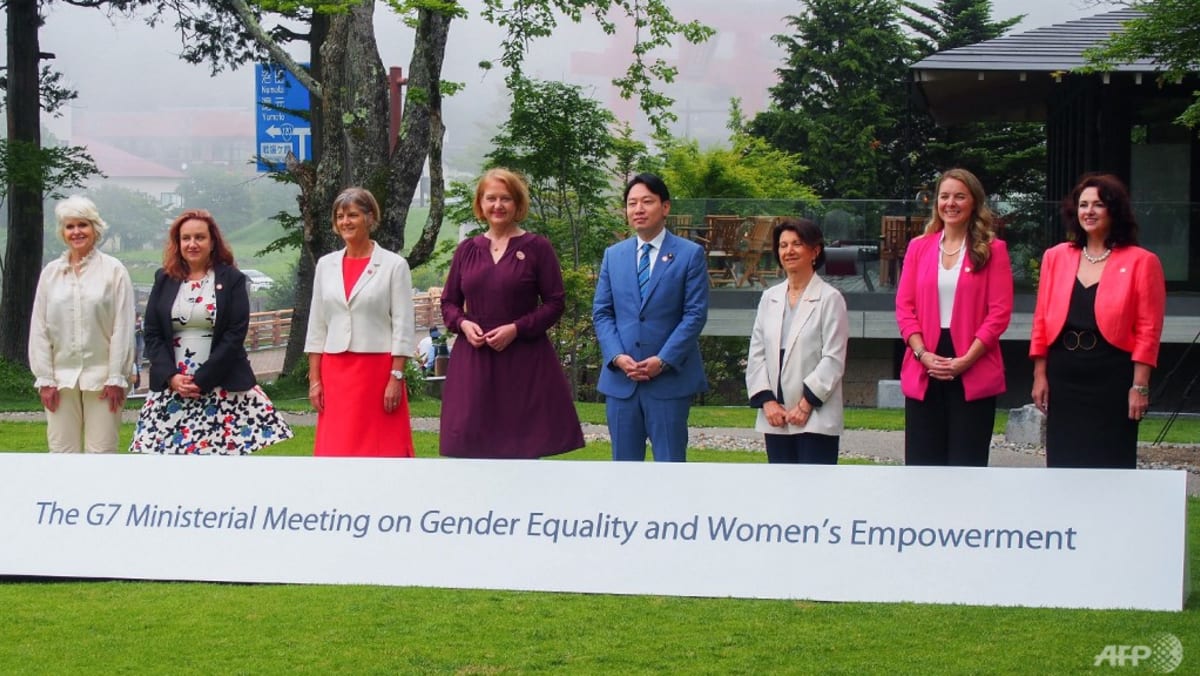Commentary: With a missing foreign minister, it’s hard for Xi Jinping to project China as country of influence

If there were to be any wrongdoing on Qin’s part, Xi would be in an extremely politically sensitive position.
If he tries to protect Qin, Xi would lose his credibility as a leader of integrity. If he dismisses Qin, he would lose his credibility as a leader who protects his loyal subordinates.
It would also be difficult to find a replacement for Qin’s position. The party boss of the Ministry of Foreign Affairs is Qi Yu, who while politically reliable, does not have any experience in foreign affairs.
Executive Deputy Foreign Minister Ma Zhaoxu could be a candidate, but his political credentials are a bit too weak. He is not even an alternate member of the 20th Central Committee. Of course, Xi could transfer Liu Jianchao, head of the International Liaison Department of the Chinese Communist Party Central Committee, to the Ministry of Foreign Affairs.
Finally, Qin’s problems have highlighted a fundamental flaw of Xi’s style of personnel management. Xi takes political loyalty as the most important criterion for selecting top officials but he also wants to project an image of being impartial.
Loyalists, however, are not necessarily clean officials. Once Xi starts to clean up his loyalists for corruption issues, he loses their absolute loyalty.
Professor Bo Zhiyue is the founder and president of the Bo Zhiyue China Institute, a consulting firm providing services to government leaders and CEOs of multinational corporations, and an author on China’s elite politics.

